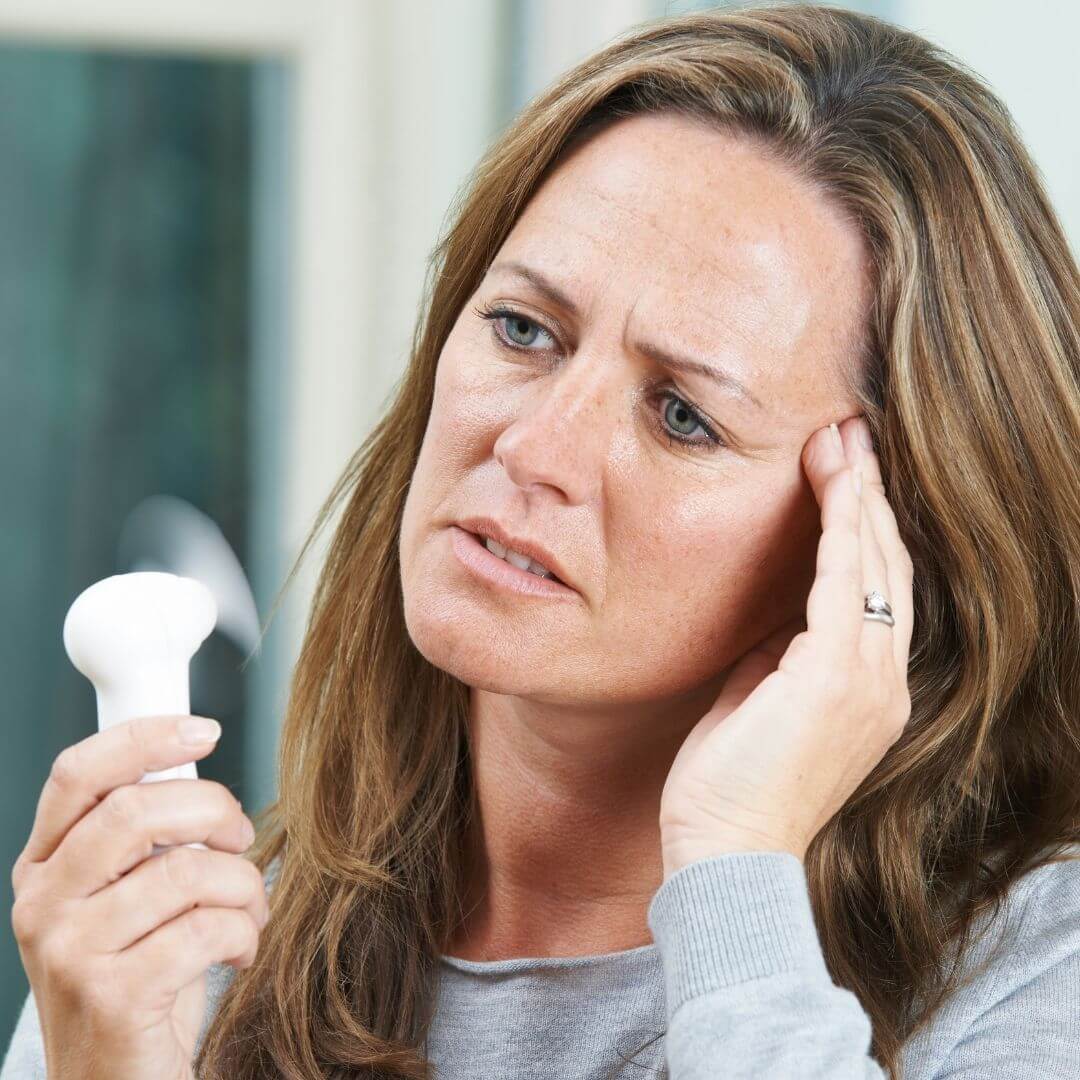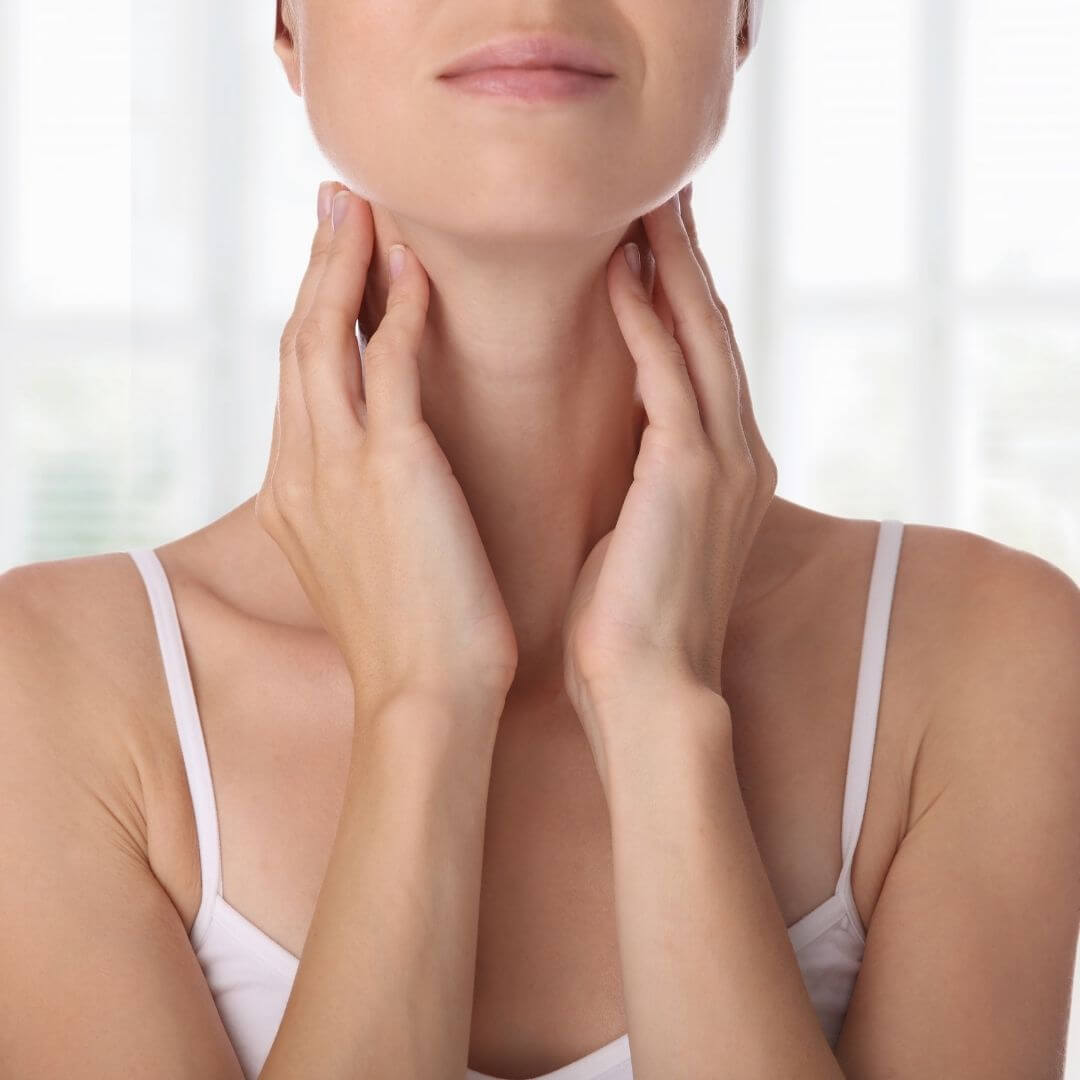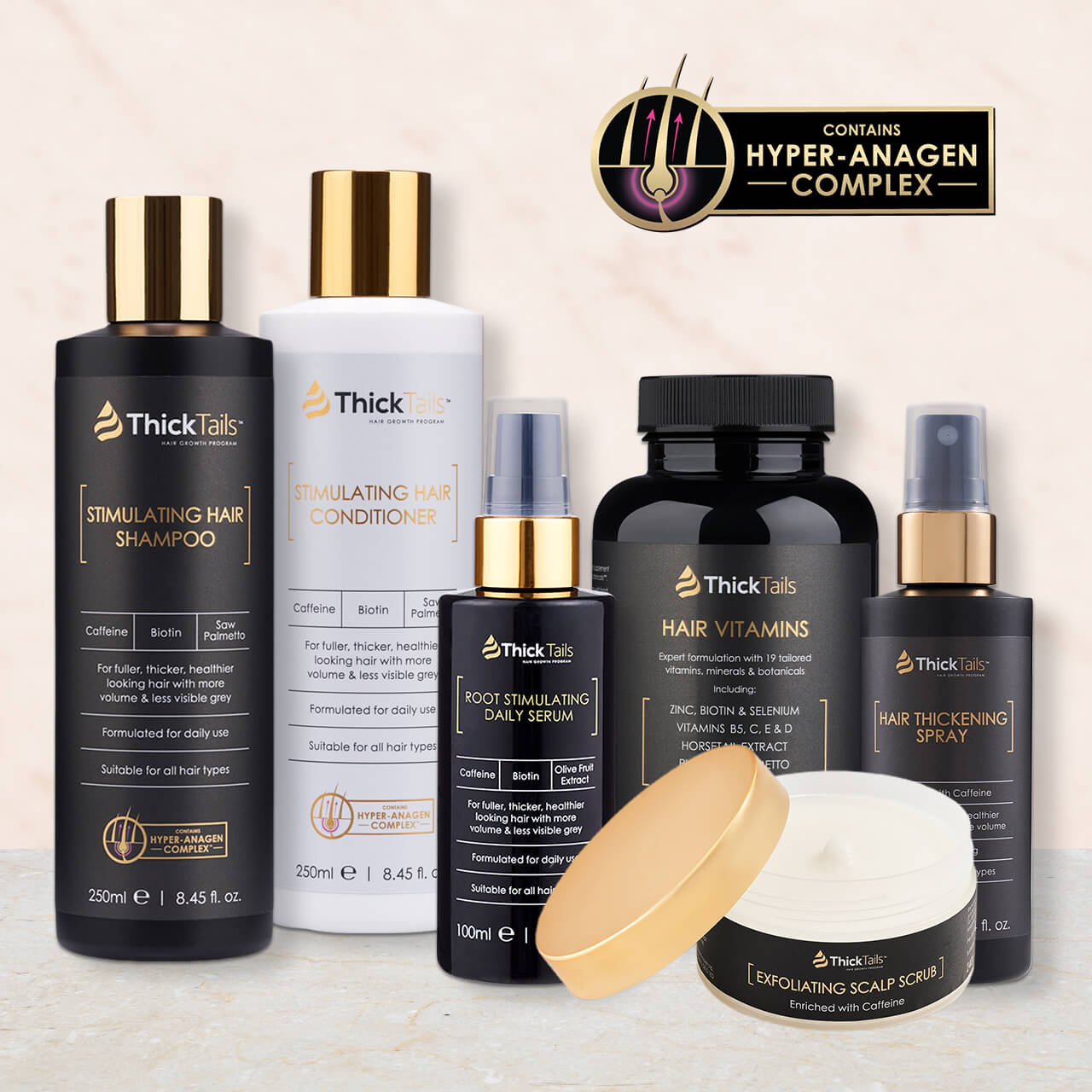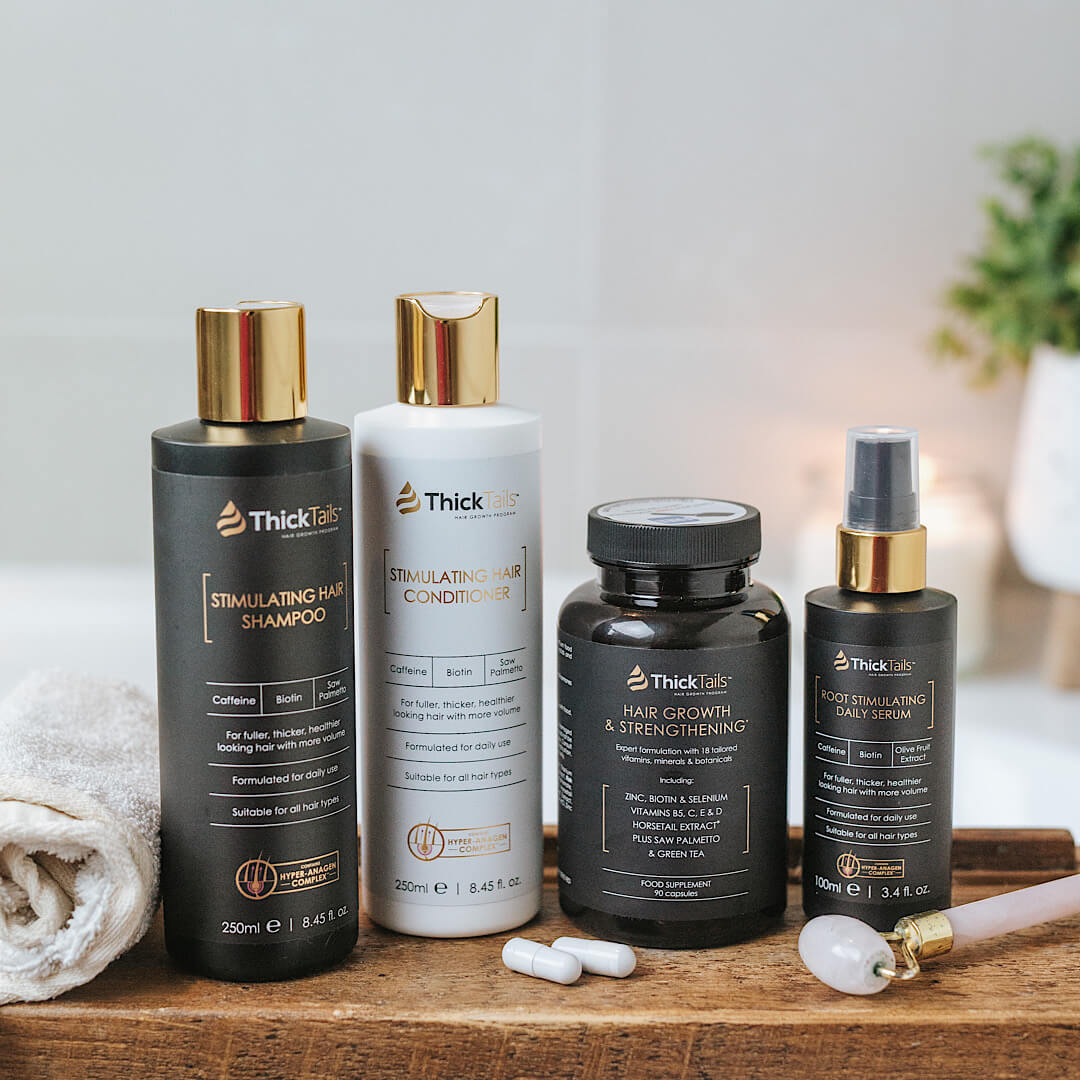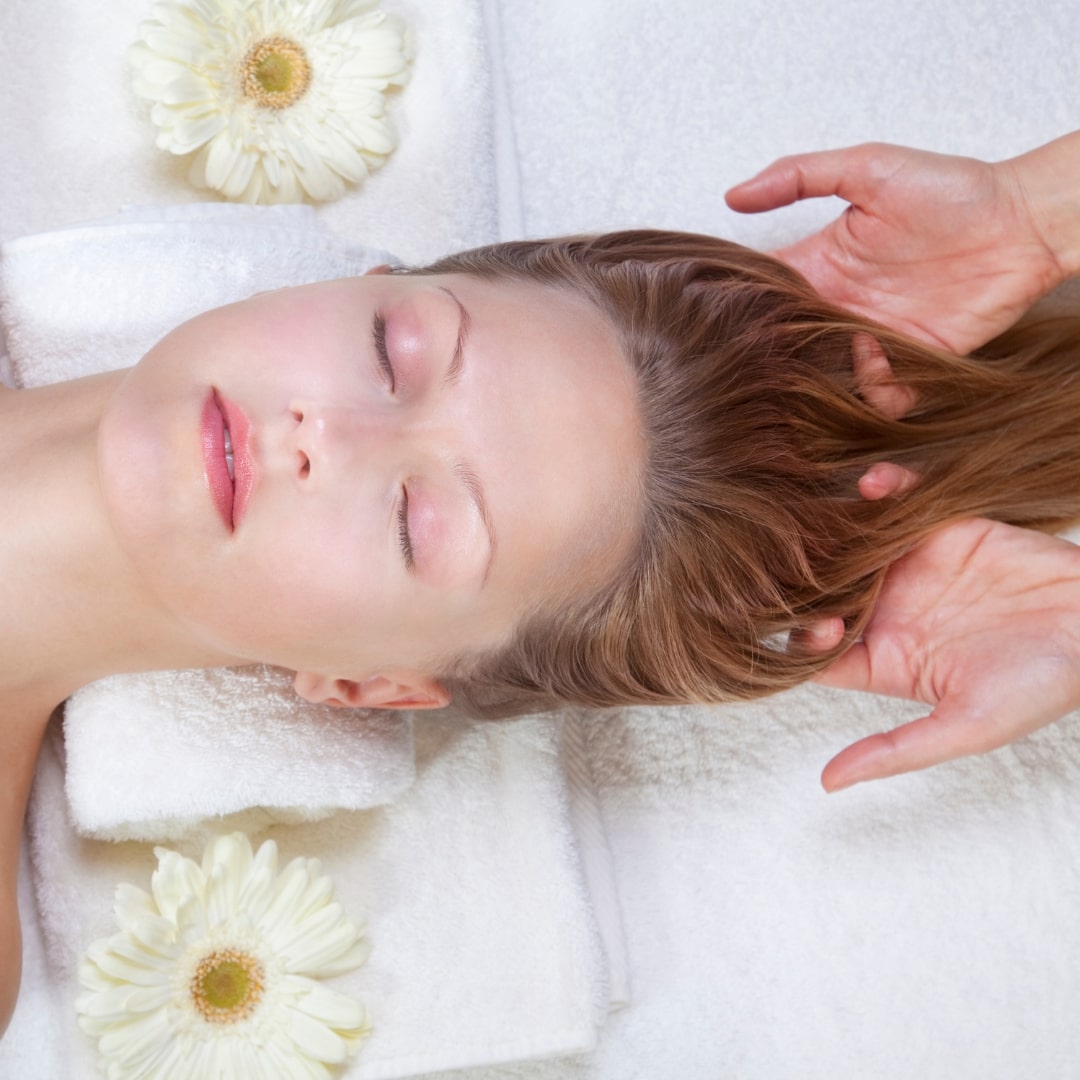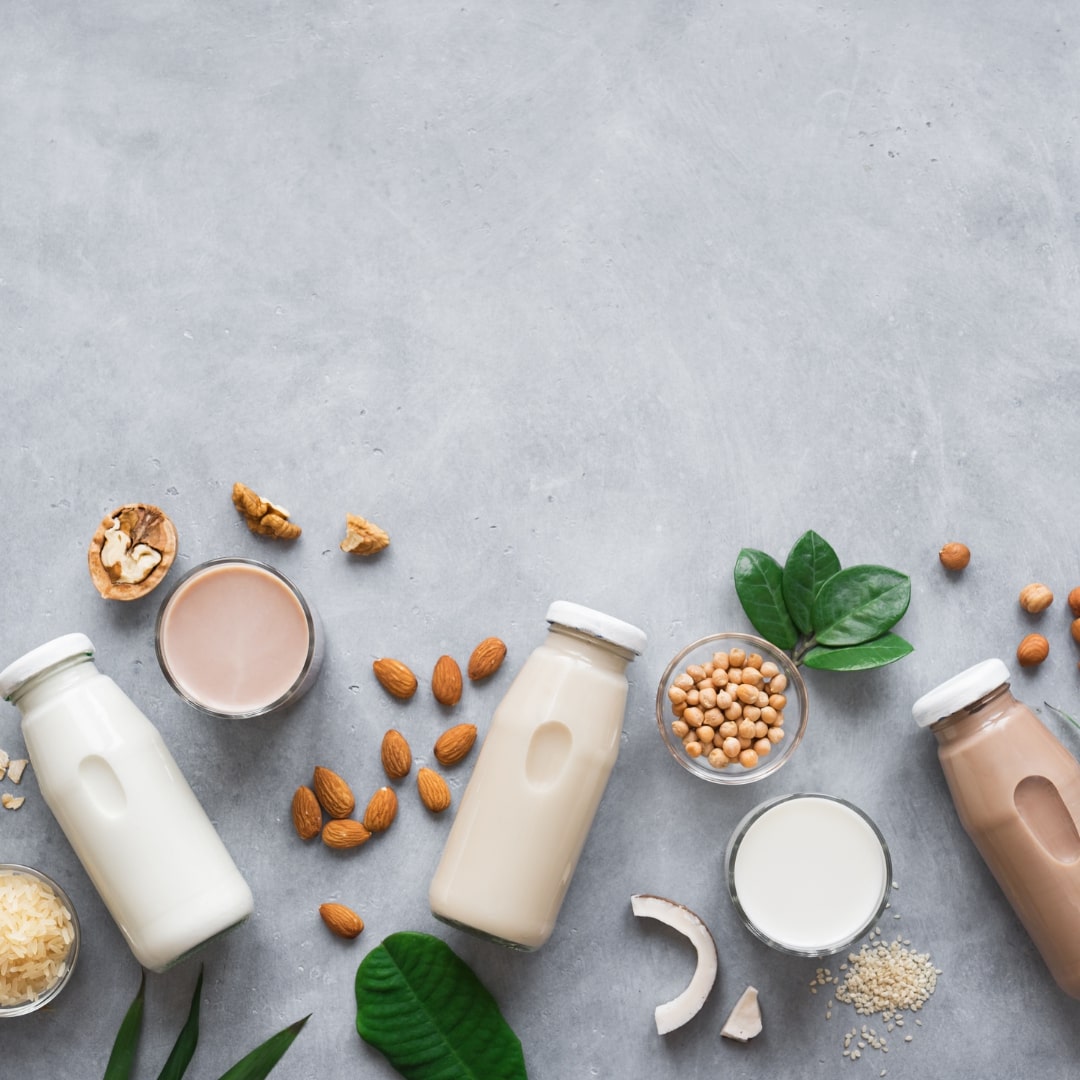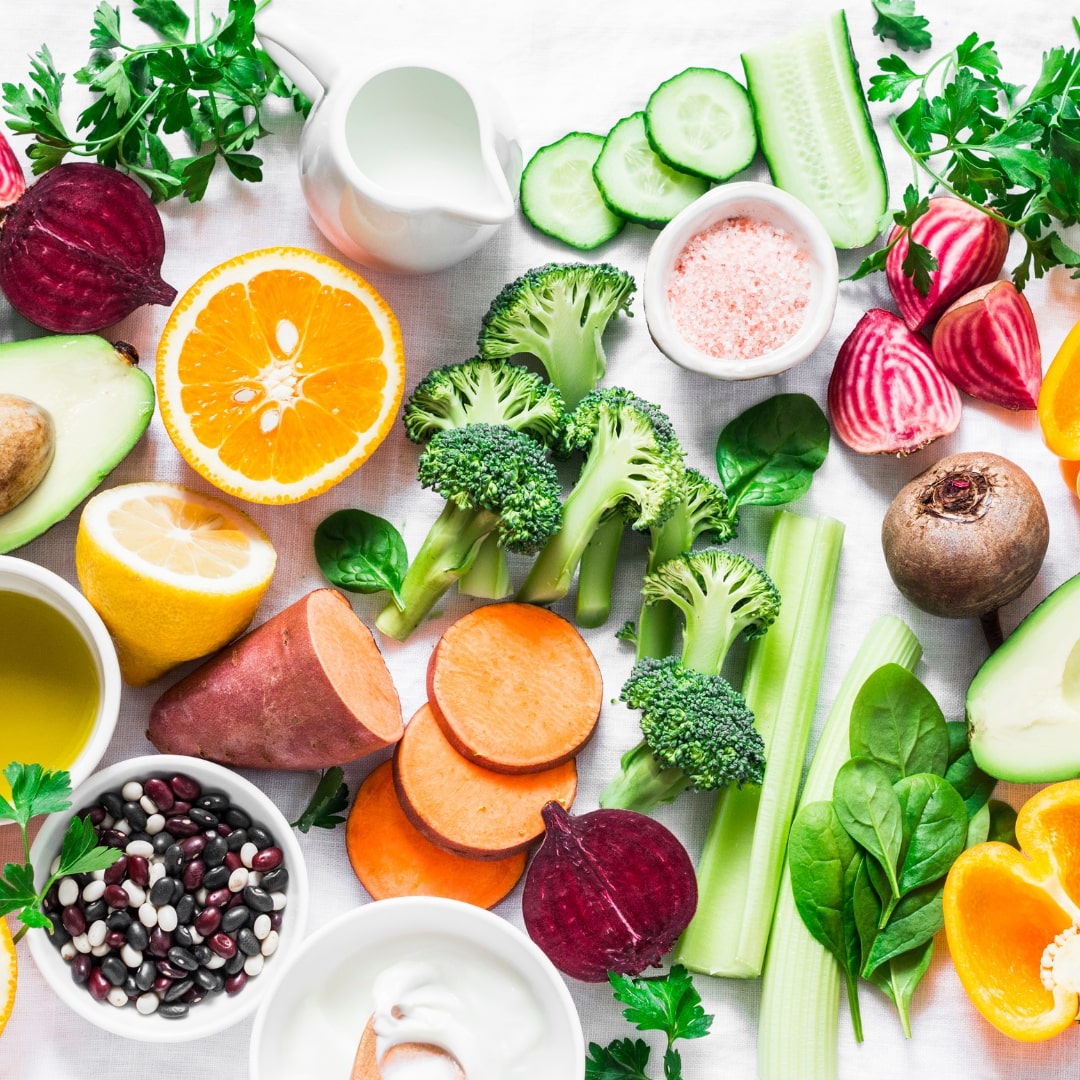If you’re feeling overwhelmed with hair loss lately, it may be time to take a look at your diet. Diet can have an enormous impact on your overall health and in particular, the condition of your hair. If you are dealing with menopausal symptoms, postpartum recovery or just plain stress (all common culprits behind weak hair) empowering yourself by managing what goes into your body is one powerful way to get back on top of things. By changing up your eating habits and selecting certain types of foods as part of a balanced regime tailored for stronger locks – you may find nourishing results both inside and out! Here we will explore strategies for fighting off unwanted strands shedding off due to hormonal shifts in the body - allowing us all to reclaim our crowning glory naturally.
I. Understanding Hair Fall and Its Causes

Hair fall is a common problem that affects many people, and understanding its causes can be key in finding a solution. One factor that can contribute to hair fall is our diet. Eating a balanced diet that is rich in vitamins, minerals, and protein is essential for healthy hair growth. Foods that are high in iron, like spinach and lentils, can help prevent hair loss by promoting healthy circulation to the scalp. Additionally, consuming foods that contain vitamin C, which is found in citrus fruits and dark leafy greens, can aid in collagen production, a protein that strengthens hair follicles. By being mindful of what we eat, we can help nourish our hair from the inside out and reduce the likelihood of experiencing hair fall.
a. Common Contributors to Hair Fall
Hair fall is a common problem that many people experience, and there can be several contributing factors to it. One of the most frequently observed reasons is related to a poor diet. Consuming a diet deficient in essential nutrients like protein, iron, and vitamins can lead to weak and brittle hair, which eventually results in hair fall. Another factor that is known to cause hair fall is hormonal imbalance. Hormones play an essential role in the body, and any disturbance in their levels affects the health of hair follicles. Therefore, it is essential to maintain a healthy diet and keep hormones in check to prevent hair fall.
b. Impact of Nutritional Deficiencies on Hair Health
The way our hair looks and feels can say a lot about our overall state of health, and nutritional deficiencies can have a significant impact on the health of our locks. When we don't get enough essential nutrients, such as iron or biotin, our hair can become brittle and more prone to breakage. A lack of protein in our diets can also lead to thinning hair or even hair loss. It's important to make sure we're getting a well-balanced diet to keep our hair looking and feeling its best. So next time you're considering skipping a meal or not reaching for that piece of fruit, think about the potential impact it could have on your hair health.
c. Other Factors Affecting Hair Fall
While genetics and hormonal imbalances are commonly known as the leading causes of hair fall, there are other factors to consider as well. Lifestyle plays a significant role in maintaining a healthy head of hair. Factors such as stress, poor diet, and harsh styling practices can all contribute to hair loss. Using heating tools excessively can weaken the hair follicles leading to breakage and hair fall. Additionally, certain medical conditions, medications, and environmental factors can cause hair fall. Dandruff and scalp infections can also contribute to hair fall. Therefore, it is essential to understand and address any underlying factors that may be contributing to hair fall to maintain luscious locks.
II. Essential Nutrients for Healthy Hair

There's no denying that a head of healthy, luscious locks can make you feel confident and beautiful. But what does it take to achieve this enviable state of hair? Essential nutrients are crucial in maintaining healthy hair, as they provide the building blocks for strong, shiny strands. Some of the key nutrients include vitamin C, biotin, and iron. Vitamin C helps to produce collagen, which strengthens hair follicles, while biotin is essential for healthy hair growth and prevents breakage. Iron helps to improve blood flow to the hair follicles, which promotes growth and thickness. Ensuring that your diet is rich in these nutrients can help to support healthy and vibrant hair.
a. Vitamins and Minerals for Hair Growth
We all want luscious locks, but did you know that vitamins and minerals play a crucial role in promoting hair growth? Biotin, also known as vitamin B7, is a popular pick for those seeking to strengthen hair and prevent excessive shedding. Vitamin C is also essential for healthy hair growth, as it helps the body produce collagen, a crucial protein that supports hair structure. Additionally, iron and zinc play vital roles in hair health, as they aid in delivering oxygen and nutrients to hair follicles. Incorporating these vitamins and minerals into your diet or through supplement form can result in stronger, thicker, and healthier hair.
b. Superfoods for Strengthening Hair Follicles
We all dream of having luscious and healthy hair, but how do we achieve that? One solution could be incorporating superfoods in our diet that are rich in nutrients essential for hair growth and strength. Foods like spinach and kale are loaded with iron and vitamin c which help increase blood circulation in the scalp promoting hair growth. Nuts like almonds and walnuts contain biotin, a vitamin that strengthens hair follicles and prevents hair loss. Eggs and avocados are also superfoods that are rich in protein and fatty acids that help hydrate and nourish the hair, making it strong and shiny. By including these superfoods in our daily meals, we can take a step towards achieving stronger and healthier hair follicles.
c. Dietary Changes for Preventing Hair Fall
Hair fall can be a nightmare for many individuals. From trying various shampoos to spending a fortune on hair treatments, one may exhaust all means to keep their hair healthy. However, sometimes all that is needed is a change in one's diet. Adding hair supplements to one's meals can provide the necessary nutrients to prevent hair fall. These supplements usually contain biotin, iron, and vitamin D, which are essential for maintaining strong and healthy hair. So, before you splurge on expensive hair products, try incorporating some dietary changes to see remarkable results.
III. Creating a Hair-Friendly Diet Plan

As we all know, a balanced diet is essential for maintaining good health and well-being. But did you know that a balanced diet is also crucial for healthy hair? The food we eat supplies our hair with the nutrients it needs to grow strong and lustrous. Incorporating foods that are rich in vitamins, minerals, and protein is key to creating a hair-friendly diet plan. Foods like spinach, eggs, salmon, avocados, and berries are excellent choices for promoting healthy hair growth and creating hair that is less prone to breakage. So if you're looking to improve the health of your hair, consider taking a closer look at your diet and making some changes that will benefit both your hair and your overall well-being.
a. Incorporating Nutrient-Rich Foods in Daily Meals
Maintaining a proper diet is key to maintaining a healthy body and mind. This includes incorporating nutrient-rich foods into your daily meals. Not only do they provide essential vitamins and minerals, but they can also have a positive impact on our appearance. As an added bonus, consuming hair supplements, such as those containing biotin and zinc, can help improve the health of our hair. By incorporating whole grains, leafy greens, fruits, and lean proteins into our meals, we can support our overall health and well-being. Delicious and nutritious meals are just a step away!
b. Meal Prepping for Optimal Hair Health
Maintaining healthy hair can be challenging, but meal-prepping can make it easier. By making the right meal choices, you can improve the health of your hair. While proper nutrition is key, it's not always easy to know what to eat. That's where meal prepping comes in- you can ensure you're consuming the right foods to promote strong, healthy hair. By incorporating hair-healthy ingredients such as salmon, nuts, and leafy greens into your meals, you're on the right track. Additionally, taking hair supplements can further boost hair health. With some preparation and planning, you can maintain beautiful locks and prevent hair loss. Master the art of meal prepping and watch your hair thrive.
c. Recommended Diet Plans for Hair Fall Prevention
Many people experience hair fall at some point in their lives. While there can be various explanations for why this happens, diet plays a significant role in keeping your hair from falling out. Following a recommended diet plan can help prevent hair fall and improve its growth. Incorporating foods rich in vitamins A, B, C, D, E, and minerals like iron, zinc, and magnesium can work wonders for your hair. If you find it challenging to keep up with the recommended diet plan, you can also consider taking hair supplements that are readily available in the market. These supplements contain nutrients that are essential for healthy hair growth and can be a great complement to your diet. So if you want to keep your hair healthy and shiny, try following a well-balanced diet plan and consider adding hair supplements to your routine.
It is clear that understanding the causes of hair fall and incorporating nutrition-rich foods leading to a healthy scalp and optimized hair growth is essential. To keep your hair healthy, it is important to be consistent with your meal prepping routine while including nutrient-rich superfoods and supplements in your diet. A diet plan created carefully considering all these factors will not just help prevent hair fall but also promote stronger hair follicles in the long run. Remember, healthy hair starts with a balanced diet. To make sure you are feeding your locks with all the nutrients they need, consider visiting a healthcare professional who can provide further guidance on developing an ideal diet plan for healthier hair growth. Start acting now by revamping your kitchen shelf for better health today!

